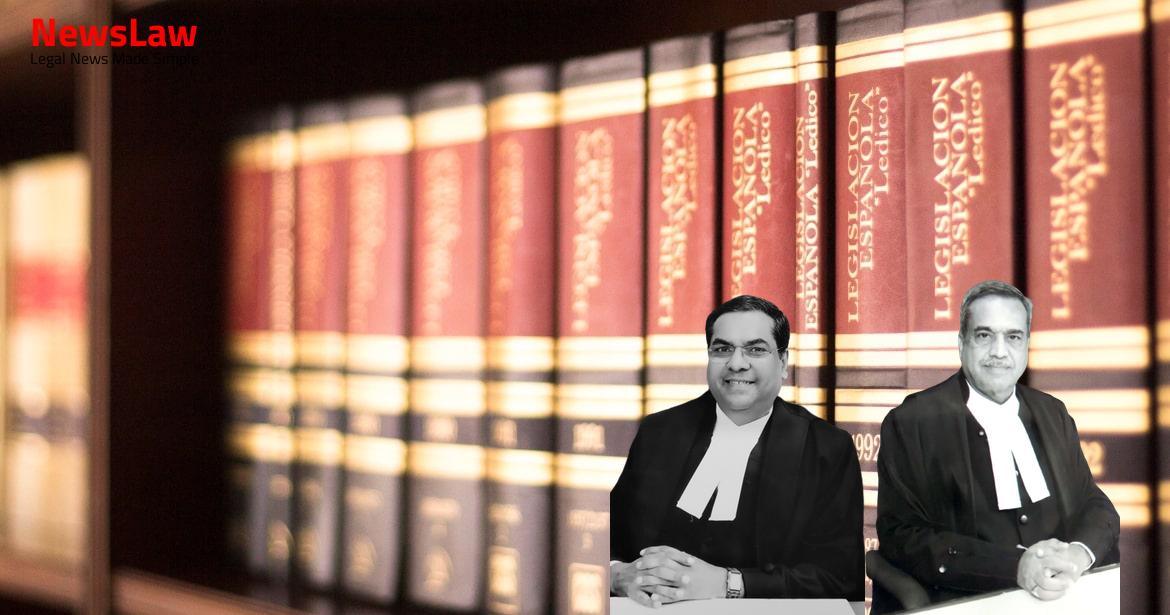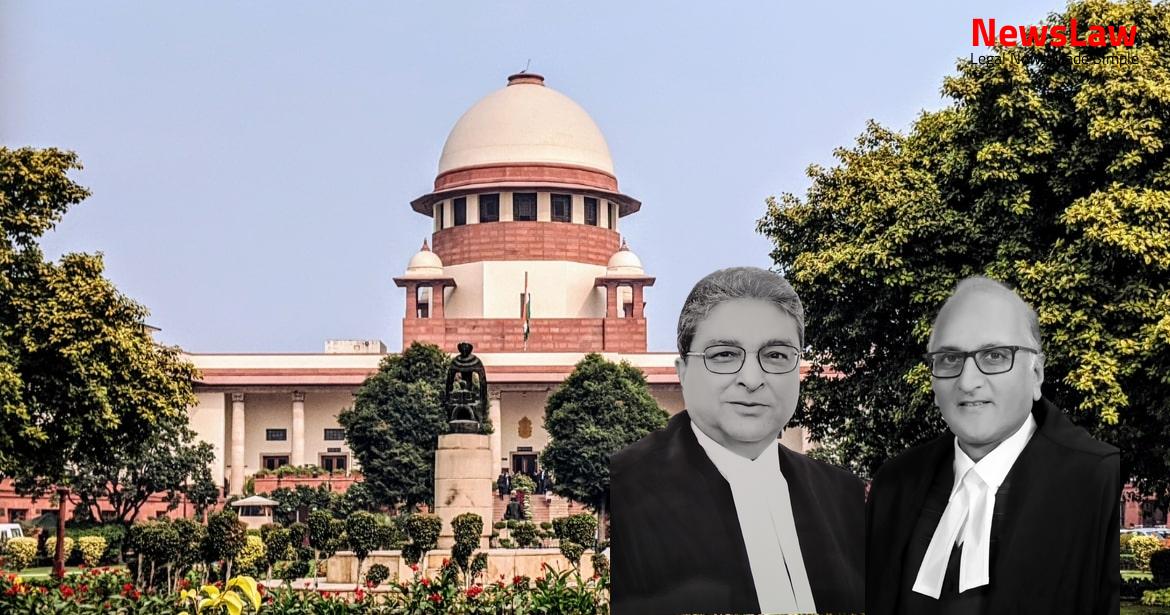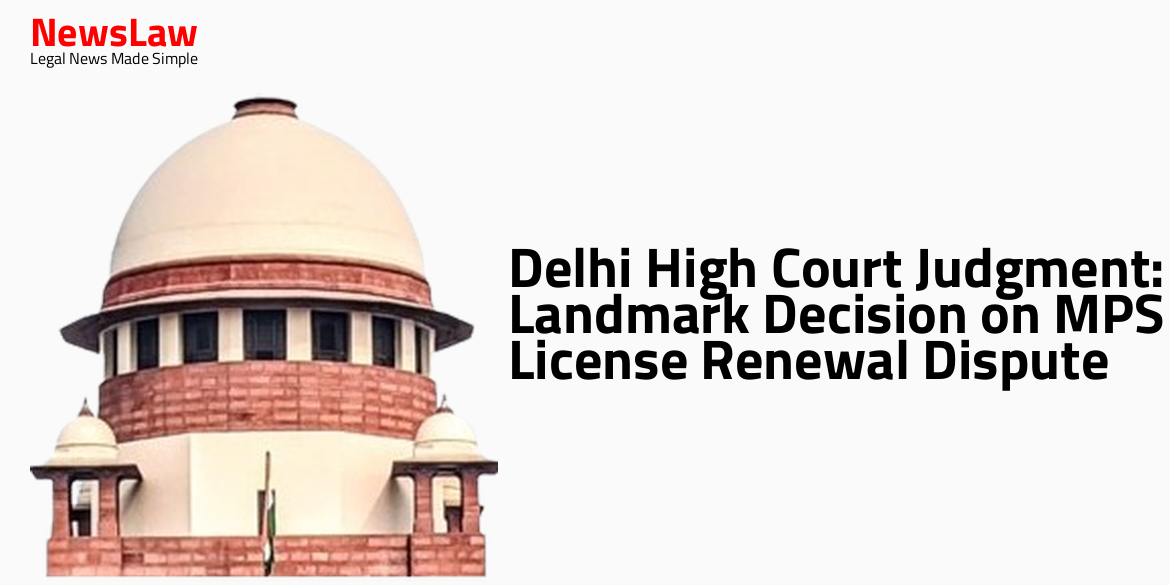In a significant legal ruling, the Supreme Court examined the case of National Consumer Disputes Redressal Commission concerning deceptive practices in promotional trailers. The petitioner, a teacher, alleged unfair trade practices after a song showcased in a movie’s trailer was omitted from the final film. The judgment delves into the complexities of consumer rights and the intersection of commercial speech with consumer protection laws. Explore the nuances of this case that has far-reaching implications in the realm of consumer disputes and advertising ethics.
Issue
- Promotional trailers, also known as promos or teasers, are circulated before the release of a movie.
- It is important to consider if the contents of the promotional trailer are included in the movie itself.
- There may be legal implications if the promotional trailer creates a misconception about the actual content of the movie.
- Such discrepancies could potentially lead to consumer complaints or claims of unfair trade practices.
- It is crucial for filmmakers and producers to ensure that the promotional material accurately represents the final product to avoid any legal issues.
Arguments
- Promotional trailers are unilateral and do not qualify as offers eliciting acceptance.
- Promotional trailers do not transform into promises or agreements enforceable by law.
- No adoption of an unfair trade practice under the Consumer Protection Act, 1986.
- Facts do not indicate adoption of an unfair trade practice.
Also Read: Arvind Singh vs. College Romance: Obscenity in Web-series Case
Analysis
- The National Consumer Disputes Redressal Commission (NCDRC) analyzed the case of a teacher who felt deceived after a song shown in the promotional trailer of a movie was not included in the film.
- The District Consumer Redressal Forum initially dismissed the complaint citing a lack of consumer-service provider relationship.
- The State Commission overturned the decision, stating that excluding the song from the movie after widely promoting it constitutes an unfair trade practice.
- The State Commission awarded compensation for mental harassment and costs to the complainant.
- The promotional trailer, not being an offer, could not constitute a promise or contract regarding the content of the film.
- The judgment established that commercial speech, like advertisements, is protected under freedom of speech subject to reasonable restrictions.
- A promotional trailer serves the purpose of creating buzz and interest in the film, but does not form a contractual obligation for the content shown.
- The NCDRC upheld the freedom of producers to creatively promote their goods and services through advertisements like promotional trailers.
- Implied promise of song in the movie
- Omission of the song during exhibition
- Possibility of deficiency of service and unfair trade practice
- The consumer in this case availed the entertainment service by purchasing a movie ticket.
- The complaint alleges deficiency in the entertainment service due to discrepancies between the promised content and actual content shown in the film.
- The definition of ‘deficiency’ under the Act includes faults, imperfections, shortcomings, or inadequacies in quality and performance required by law or contract.
- The complaint highlights how the promotional trailer for the movie influenced the decision to watch it, emphasizing the song ‘Jabra Fan’.
- To establish an unfair trade practice, there must be a false representation that misleads the consumer, which is material and substantive.
- Merely failing to disclose a material fact does not constitute an unfair trade practice unless it is knowingly false or made recklessly with the purpose of misleading.
- The elements of an unfair trade practice under the Act were not found in this case.
- The Consumer Protection Act aims to safeguard consumer interests and provide mechanisms for resolving consumer disputes.
Also Read: Industrial Dispute: Workmen Rights Upheld Case
Case Title: YASH RAJ FILMS PRIVATE LIMITED Vs. AFREEN FATIMA ZAIDI (2024 INSC 328)
Case Number: C.A. No.-004422-004422 / 2024



